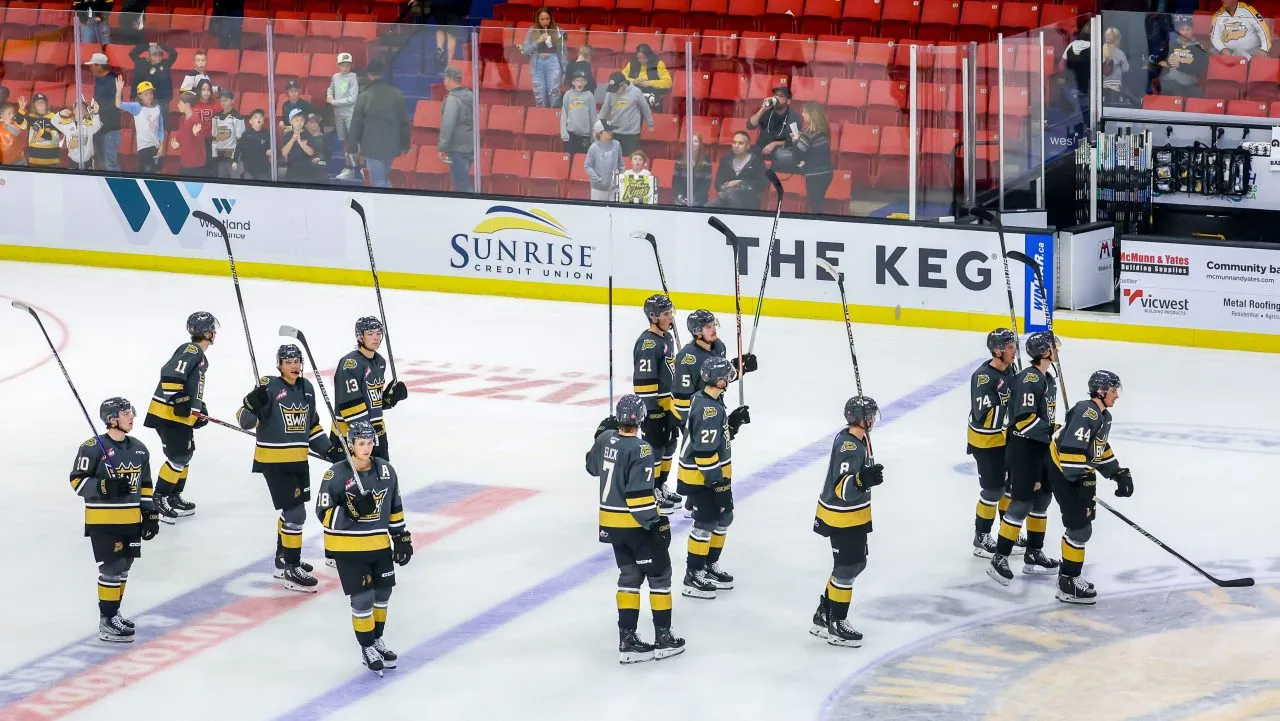No products in the cart.
NHL Faces Antitrust Lawsuit Over Junior Hockey Compensation
In a significant legal development, the NHL and four other hockey leagues are facing an antitrust lawsuit alleging collusion to suppress wages in major junior hockey. Filed by hockey players Tanner Gould and Isaiah DiLaura, along with the World Association of Icehockey Players Unions North America Division and World Association of Icehockey Players Unions USA Corporation, the lawsuit contends that the leagues form a cartel aimed at fixing compensation for junior hockey players below market value.

The plaintiffs seek class action status for their case, representing players who participated in major junior hockey between February 14, 2020, and the present. The lawsuit, filed in the Southern District of New York, accuses the defendants of anticompetitive behavior by controlling markets and artificially limiting players’ earning potential.
According to the complaint, the Western Hockey League (WHL), Ontario Hockey League (OHL), and Quebec Maritimes Junior Hockey League (QMJHL) collaborate through the Canadian Hockey League (CHL) to restrict competition among themselves and their clubs. This includes agreements on player recruitment territories and fixed compensation rates well below market standards.
The lawsuit highlights disparities in player compensation, citing monthly payments as low as $250 in the WHL and $470 in the OHL, compared to AHL and ECHL players earning thousands per month. Additionally, the complaint addresses the lack of player or union involvement in establishing economic rules, particularly concerning involuntary drafts and exclusive territorial rights.
The plaintiffs argue that these practices violate Section 1 of the Sherman Antitrust Act, which prohibits agreements that restrain trade or competition. They seek both monetary damages and injunctive relief to address the alleged harms, with potential damages subject to trebling under antitrust law.
While the NCAA is not named as a defendant, its rules regarding amateurism and eligibility are mentioned in the complaint, suggesting a broader context for the litigation. The lawsuit could potentially lead to significant changes in how major junior hockey operates and compensates its players, echoing similar legal challenges in collegiate athletics.
As the case unfolds, the defendants are expected to contest the allegations and defend their system as necessary for the sport’s viability. Antitrust litigation often involves protracted legal battles, and this case is likely to be no exception.
Ultimately, the outcome of World Association of Icehockey Players Unions North American Division, et al. v. National Hockey League, et al. could have far-reaching implications for junior hockey and player compensation across the sport.
